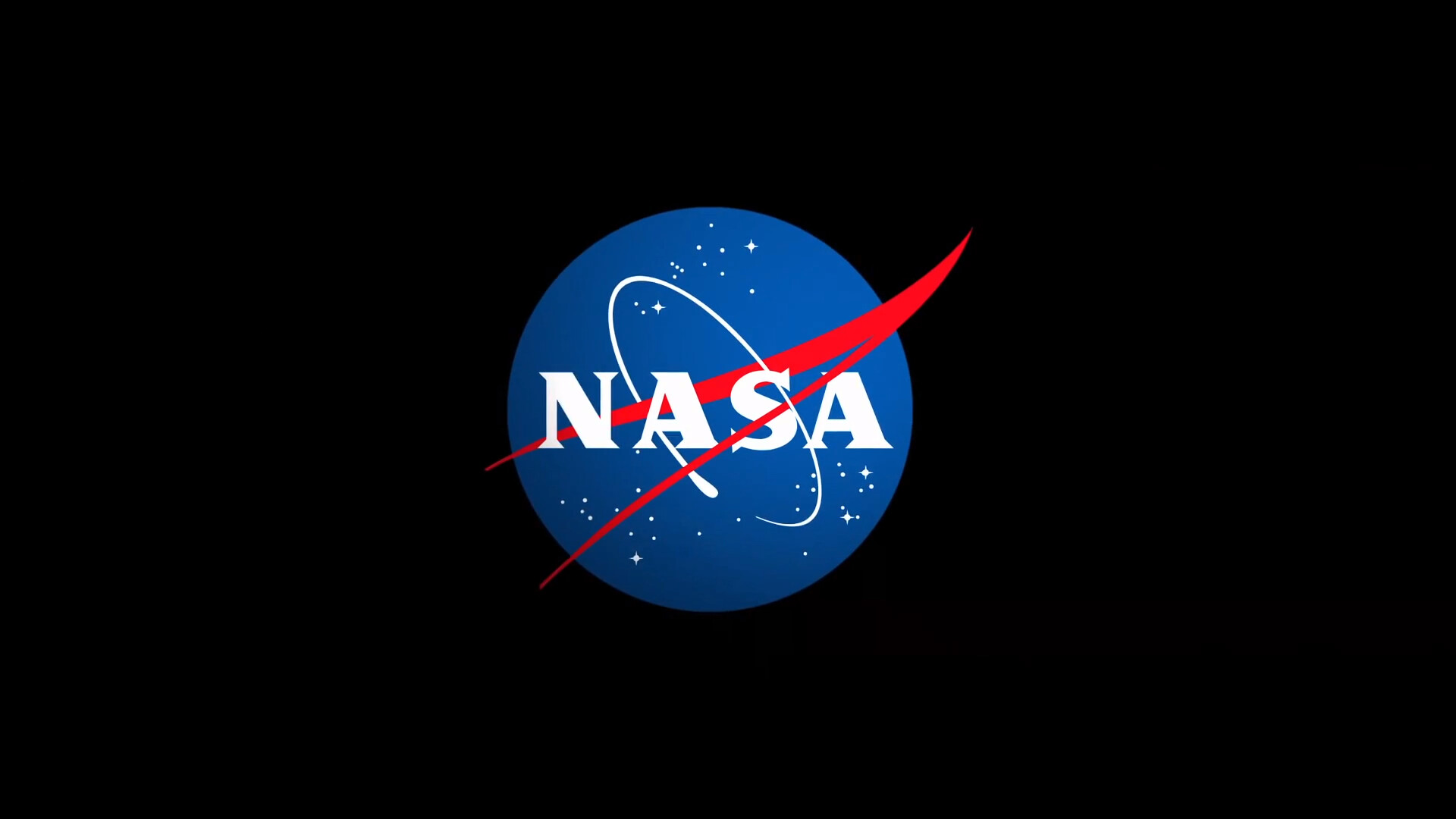NASA has recently made a significant investment in the future of scientific research and innovation by allocating $15.6 million in grants to 15 projects. These projects are focused on the upkeep and enhancement of open-source tools, frameworks, and libraries that are crucial for the NASA science community. This initiative aims to ensure that these vital resources remain accessible and beneficial to both NASA and the broader scientific community.
The Open-Source Tools, Frameworks, and Libraries awards are specifically designed to promote the sustainable development of software that is freely available to everyone. These tools are essential for the Science Mission Directorate’s objectives, which include exploring space and understanding Earth better. According to Steve Crawford, Program Executive for Open Science Implementation at NASA Headquarters in Washington, the number of proposals they received this year was nearly double that of the previous year. This spike in interest underscores the growing necessity for continuous support and maintenance of open-source software. These projects are integral to NASA’s missions, playing a critical role in data infrastructure, supporting machine learning and data science tools, and enabling researchers to advance scientific knowledge that both protects our planet and deepens our understanding of the universe.
This award program is just one of several cross-divisional opportunities at NASA aimed at promoting open science practices. The funding comes from NASA’s Office of the Chief Science Data Officer and is part of the Research Opportunities for Space and Earth Science. The call for proposals included two types of awards: foundational and sustainment.
Foundational awards are cooperative agreements lasting up to five years. They target open-source tools, frameworks, and libraries that have a significant impact on two or more divisions within the Science Mission Directorate. Sustainment awards, on the other hand, are grants or cooperative agreements lasting up to three years. They focus on resources with a substantial impact on one or more divisions of the directorate.
2024 Awardees:
Foundation Awards
NASA’s Ames Research Center, Silicon Valley, California
Principal Investigator: Ross Beyer
Project: Expanding and Maintaining the Ames Stereo Pipeline
Caltech, Pasadena, California
Principal Investigator: Brigitta Sipocz
Project: Enhancement of Infrastructure and Sustained Maintenance of Astroquery
Cornell University, Scarsdale, New York
Principal Investigator: Ramin Zabih
Project: Modernize and Expand arXiv’s Essential Infrastructure
NASA’s Goddard Space Flight Center, Greenbelt, Maryland
Principal Investigator: D. Cooley
Project: Enabling SMD Science Using the General Mission Analysis Tool
NumFOCUS, Austin, Texas
Principal Investigator: Thomas Caswell
Project: Sustainment of Matplotlib and Cartopy
NumFOCUS
Principal Investigator: Erik Tollerud
Project: Investing in the Astropy Project to Enable Research and Education in Astronomy
Sustainment Awards
NASA’s Jet Propulsion Laboratory, Southern California
Principal Investigator: Cedric David
Project: Sustain NASA’s River Software for the Satellite Data Deluge, three-year award
Pennsylvania State University, University Park
Principal Investigator: David Radice
Project: AthenaK: A Performance Portable Simulation Infrastructure for Computational Astrophysics, three-year award
United States Geological Survey, Reston, Virginia
Principal Investigator: Trent Hare
Project: Planetary Updates for QGIS, one-year award
NASA JPL
Principal Investigator: Michael Starch
Project: How To F Prime: Empowering Science Missions Through Documentation and Examples, three-year award
NASA Goddard
Principal Investigator: Albert Shih
Project: Enhancing Consistency and Discoverability Across the SunPy Ecosystem, three-year award
Triad National Security, LLC, Los Alamos, New Mexico
Principal Investigator: Julia Kelliher
Project: Enhancing Analysis Capabilities of Biological Data With the NASA EDGE Bioinformatics Platform, four-year award
iSciences LLC, Burlington, Vermont
Principal Investigator: Daniel Baston
Project: Sustaining the Geospatial Data Abstraction Library, three-year award
University of Maryland, College Park
Principal Investigator: C Max Stevens
Project: Sustaining the Community Firn Model, three-year award
Quansight, LLC, Austin, Texas
Principal Investigator: Dharhas Pothina
Project: Ensuring a Fast and Secure Core for Scientific Python – Security, Accessibility, and Performance of NumPy, SciPy, and scikit-learn; Going Beyond NumPy With Accelerator Support, three-year award
These projects span a diverse range of scientific disciplines and technological advances, reflecting the broad impact and importance of open-source resources in scientific research. From enhancing data analysis tools to improving infrastructure for astronomical research, these initiatives will provide invaluable support for both current and future scientific endeavors.
Open-source software has become a cornerstone of modern scientific research, providing accessible and collaborative tools that empower scientists and researchers worldwide. The significance of maintaining and developing these resources cannot be overstated, as they enable cutting-edge research and innovation across various disciplines.
For those interested in learning more about how NASA is supporting open science, additional information can be found at NASA’s Open Science webpage: https://science.nasa.gov/open-science.
This initiative by NASA represents a strong commitment to fostering an open and collaborative scientific environment, ensuring that researchers have access to the tools they need to drive innovation and discovery. By investing in these open-source projects, NASA is not only advancing its own missions but also contributing to the global scientific community’s efforts to explore and understand the universe and our planet.
For more Information, Refer to this article.



































